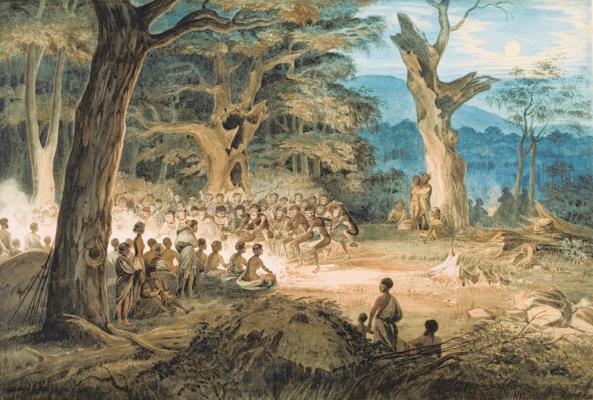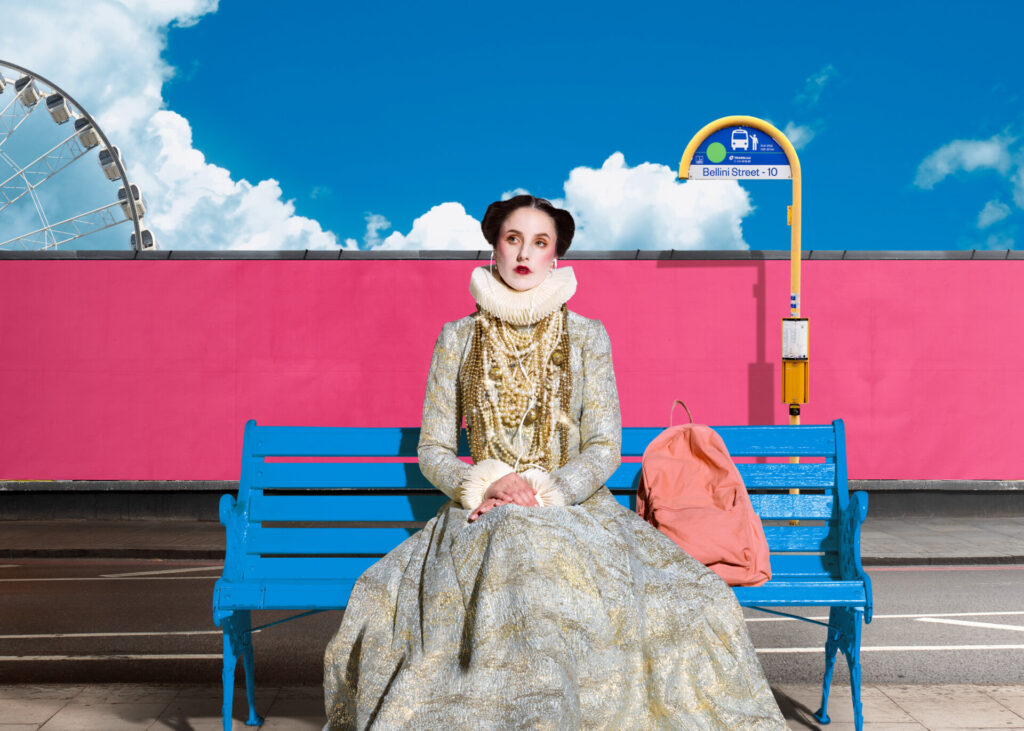
How Theatre Started: A Look Back
Theatre is a form of human expression that has been around for thousands of years, with roots in indigenous cultures around the world. From Australia to China, Ireland to Egypt, theatre has served many different purposes throughout history, reflecting the cultural and spiritual beliefs of the communities in which it emerged.
In Aboriginal Australian culture, theatre took the form of song, dance, and storytelling, with performances often held around a fire in the evening. These performances, known as corroborees, were used to teach cultural knowledge and history, as well as to connect with the spiritual world.
Similarly, in ancient Egypt, theatre was used as a form of religious worship, with performances honoring the gods and goddesses. The performers were often priests or priestesses, and the performances included music, dance, and storytelling.
In China, traditional theatre forms like opera and puppetry have been around for thousands of years, with roots in religious and folk traditions. These performances were used to entertain, educate, and inspire, and often included themes of morality, justice, and virtue.
In Ireland, theatre emerged from the traditions of storytelling and bardic poetry, with performances often held in the court of the king or chieftain. These performances, known as seanachai, were used to preserve the history and culture of the community, as well as to entertain and inspire.
Despite the differences in cultural context and purpose, theatre has always been a reflection of human consciousness and development. It speaks to our need for connection, community, and expression, as well as our desire to explore and understand the world around us. Whether used for religious worship, entertainment, or cultural preservation, theatre has always been a way for humans to engage with one another and with the world around us, and to make sense of our place within it.
The origins of theatre are diverse and rich, reflecting the complex cultural and spiritual beliefs of the communities in which it emerged. From Aboriginal Australian corroborees to Chinese opera, Irish seanachai to Egyptian religious performances, theatre has always been a way for humans to connect, express, and understand the world around us. As we continue to evolve and grow as a species, theatre remains an important form of human expression, reflecting our deepest hopes, fears, and aspirations, and serving as a powerful reminder of our shared humanity.






